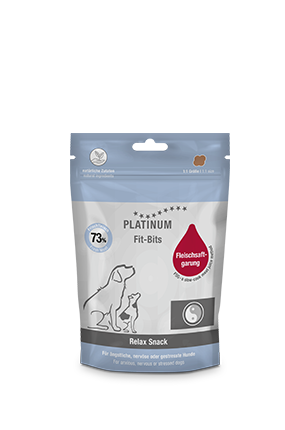Detox in dogs
What exactly does detoxing your dog mean and how does it work? The topic of detoxification has been a trend for us humans for a long time, and it is now also being applied to our four-legged friends. But does detoxification through herbal supplements do any good and if so, when should this be used?
What is detox in dogs?
"Detox" is a short form of "detoxification" and basically means removing poisonous substances. The term is often used in connection with cleansing the body of harmful substances or toxins. But it also includes waste products from everyday metabolic processes being broken down or excreted by the body's own detoxification organs. As a rule, a healthy dog's body detoxifies itself on its own. However, due to various influencing factors or stressful phases of life for the dog, their detoxification system can end up getting challenged. Over a longer period of time, this can possibly have an effect on your dog's well-being and become noticeable, for example, in its behaviour.
 Tips to help your dog detoxify
Tips to help your dog detoxify
What are demanding or stressful phases of life for dogs?
 Exposure to pollutants can affect the dog's behaviour
Exposure to pollutants can affect the dog's behaviour
Possible signs of psychological as well as physical stress in dogs:
- The dog is weak
- Partially stressed behaviour
- Restlessness due to lack of exercise, as the dog may have to be resting
- There may be effects on their coat and skin, e.g. duller coat than usual, matted coat
- Change in behaviour, e.g. due to the dog grieving
- Reduced food intake due to lack of appetite
- Diarrhoea
All the above signs should not be confused with general nervous behaviour. They may also indicate other health challenges that need medical consultation.
How can I support my dog's detoxification?
When can detox treats support your dog?
- After an illness or therapy, Fit-Bits Detox can support your dog with their recovery or elimation of metabolic products.
- After recovery from poisoning (such as poisonous plants or food).
- For recovery after an operation
- After vaccination or deworming
- Fit-Bits Detox should only be given to the dog after the medication has been discontinued (if used in combination with individual medication, interactions can occur or the medication's effects can be weakened).
- After a feed change
- For recovery after heavy physical exertion
- During and after heats
 Detoxifying the dog can help it become more active again
Detoxifying the dog can help it become more active again
How can detox snacks for dogs help?
Various plants, herbs or oils in a suitable form can support and promote certain metabolic processes in the dog's body. This can support the dog's own detoxification system and prevent overloading.
Fit-Bits Detox can support dog detox in the following ways:
- Artichoke supports your dog's bile flow and thus the liver's metabolism to eliminate toxins and metabolic products
- Birch leaf supports urinary excretion
- The Vitamin C contained, provides sufficient antioxidants
- Immune system supported
- Savory, basil and dill have an antispasmodic effect on the gastrointestinal tract
- Appetite stimulating effects
More tips on how to avoid exposure to pollutants in dogs:
- Proper dog nutrition
- Sufficient water absorption
- Regular exercise
- Preventive veterinary examinations
- Deworming and parasite control
- Reduce your dog's stress levels
Produktempfehlungen
The benefits of PLATINUM dog food
- PLATINUM uses a unique preparation method called FSG, which offers numerous advantages compared to conventional dog food.
- Dog food prepared with FSG is gently cooked only in its own meat juice and is therefore nutrient-rich like BARF, excellent for building muscles and also extra tasty for your dog.
- With at least 70% fresh meat in the dry dog food and 83% fresh meat or fresh fish in the wet dog food, PLATINUM places great value on a composition of the food that is adapted to the needs of dogs.
- The declaration and composition of dog food prepared with FSG is tested regularly and independently by ELAB Analytik GmbH (formerly TÜV SÜD ELAB) — for canine health protection.
- PLATINUM is generally very well accepted by dogs of all breeds and ages. Even four-legged friends with sensitive digestion or intolerances usually tolerate PLATINUM dog food well.
- All products are free of soya, GMOs and gluten. In addition, no flavour enhancers, attractants, odourants or colourings are used.
- Over 100,000 positive customer reviews at Trusted Shops speak for themselves!


 Deutsch
Deutsch
 English
English
 Nederlands
Nederlands
 Français
Français

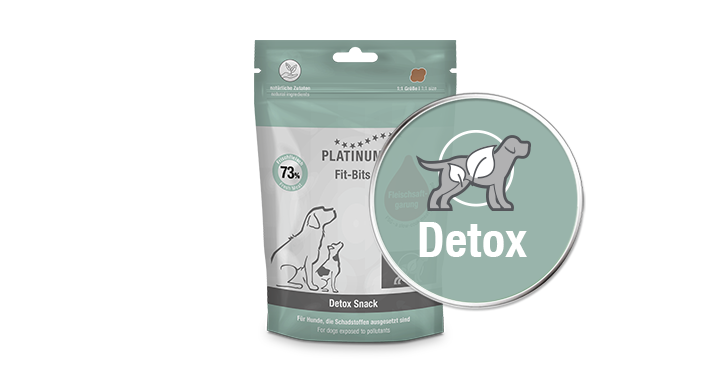





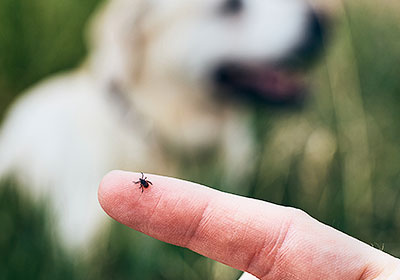


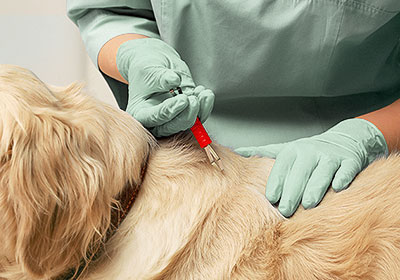
.png)
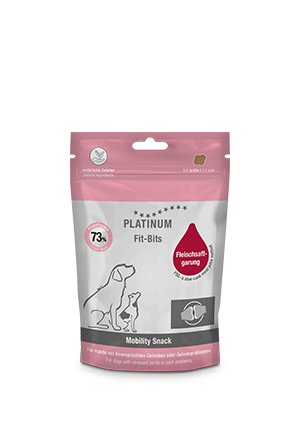
.png)
